I’m doing a deep dive into Taoism today, comparing translations, and talking about concepts of desire and letting go in terms of my year-end evaluation and setting goals for next year.

RITA ® Award-Winning Author of Fantasy Romance
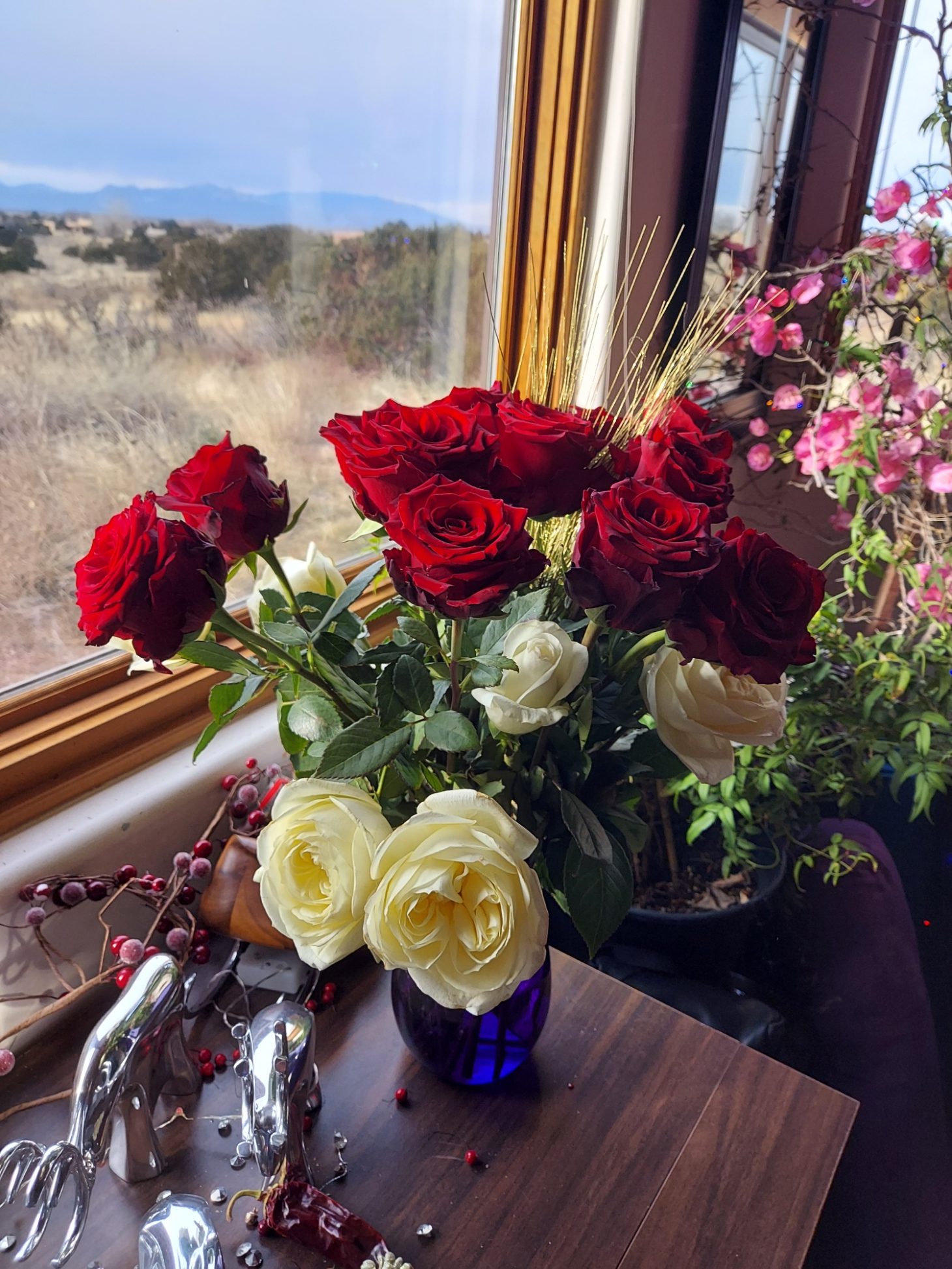
I’m doing a deep dive into Taoism today, comparing translations, and talking about concepts of desire and letting go in terms of my year-end evaluation and setting goals for next year.

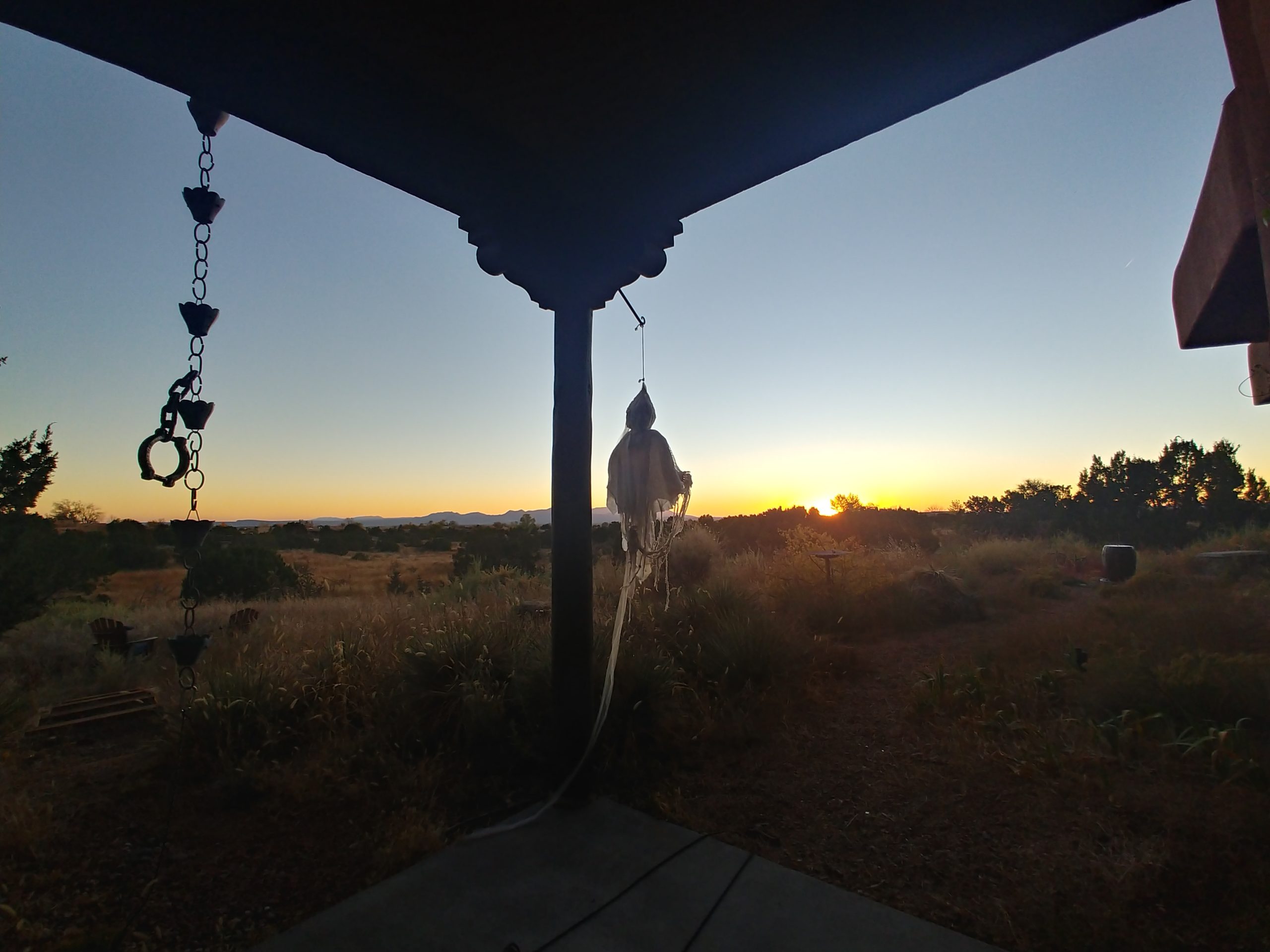
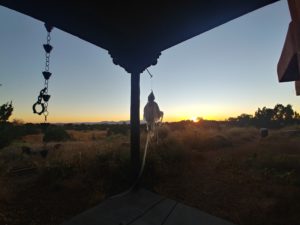
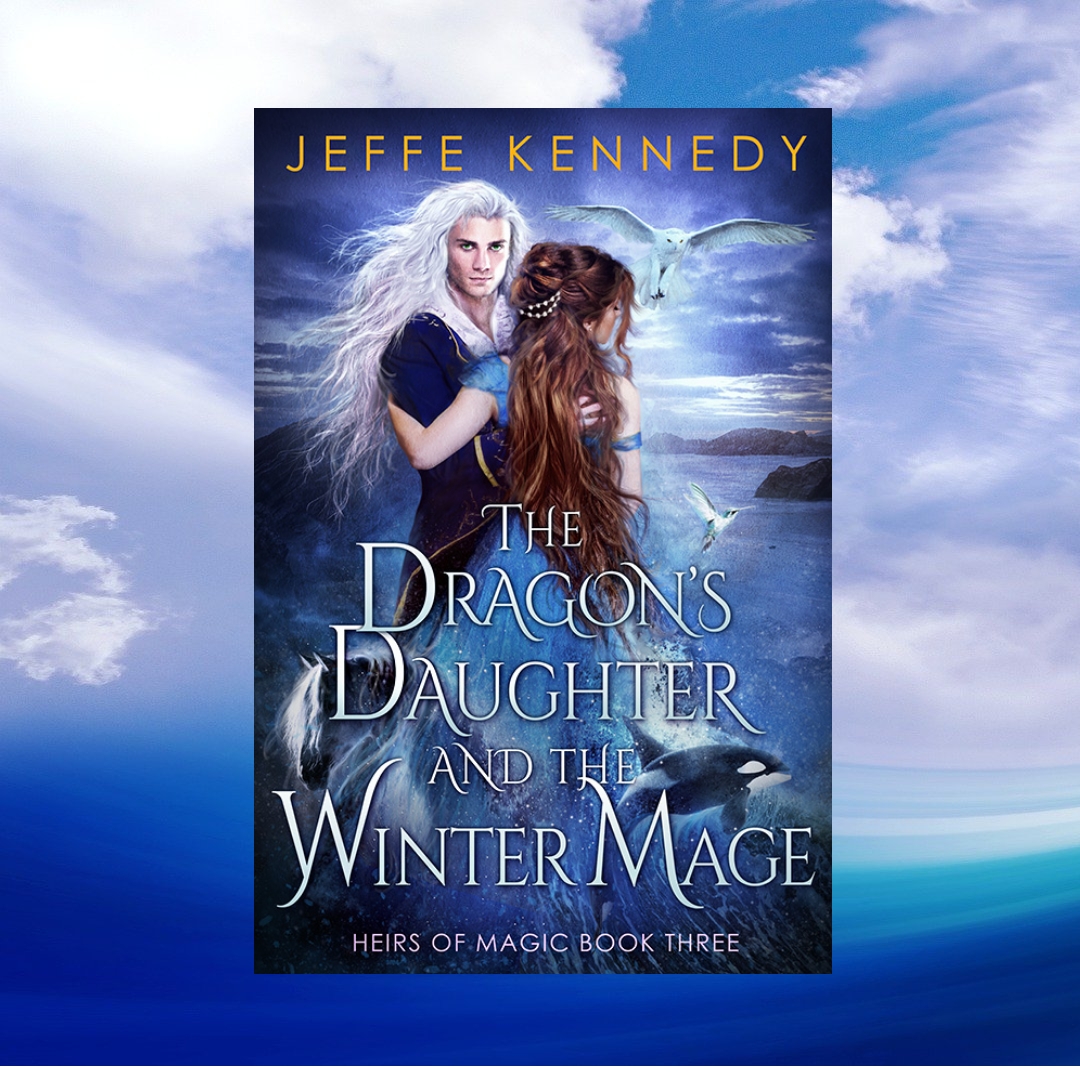
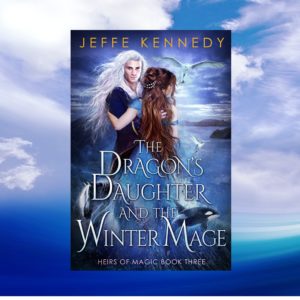
 Who would not be seduced by this face, I ask you?
Who would not be seduced by this face, I ask you?
It seems the debate on “real literature” and “serious reading” will continue to roll on. It’s occurring on so many levels, with so many lines being arbitrarily drawn. There’s the Literary camp, of course, who accepts only a few authors into their lofty ranks. I really like this summation by Neil Gaiman in answer to a question on his Tumblr about why his teacher says Gaiman’s book isn’t “real literature”:
“Never try to teach a pig to sing; it wastes your time and it annoys the pig,” as Robert Heinlein once said.
I mean, you could ask your teacher to explain why Watchmen’s on the syllabus, if it’s not real literature. Or why TIME picked it as one of the 100 best novels of the Twentieth Century, but that will probably just make your teacher even more defensive. And mostly you’ll just be trying to explain to someone who is color blind why red is a really nice colour.
(About twenty years ago I was on a flight to the US, and sat next to an English professor at some middle-range US university, and we talked about books, because I love talking about books. And his specialty was early twentieth century literature, and I thought our conversation was going to be so much fun, until I realized that he really didn’t know any authors who he didn’t teach. He could talk Hemingway or Fizgerald, but as soon as I started mentioning authors equally as interesting out of the canon, and I was sticking to American authors because he was, you know, American, he started looking hunted; and I felt a little sorry for his students, but only a little, because even a bad teacher can’t stop you reading in your own time.)
I saved this link and this story because I think it speaks volumes. For a long time English and Literature classes famously only taught a few writers – often referred to as “dead, white males.” This has opened up, but judiciously, to minorities and females. But, as there’s an idea that lines must be drawn, most books smacking of genre are excluded from consideration.
Then, the other day, I stumbled across this really excellent essay by Ursula Le Guin. I think what we’re seeing now is these genre authors who’ve reached the age of authenticity, talking intelligently about their bodies of work, which just happen to be genre. She proposes a solution to the endless debate:
To get out of this boring bind, I propose an hypothesis:
Literature is the extant body of written art. All novels belong to it.
The value judgment concealed in distinguishing one novel as literature and another as genre vanishes with the distinction.
Every readable novel can give true pleasure. Every novel read by choice is read because it gives true pleasure.
Literature consists of many genres, including mystery, science fiction, fantasy, naturalism, realism, magical realism, graphic, erotic, experimental, psychological, social, political, historical, bildungsroman, romance, western, army life, young adult, thriller, etc., etc…. and the proliferating cross-species and subgenres such as erotic Regency, noir police procedural, or historical thriller with zombies.
Some of these categories are descriptive, some are maintained largely as marketing devices. Some are old, some new, some ephemeral.
Genres exist, forms and types and kinds of fiction exist and need to be understood: but no genre is inherently, categorically superior or inferior.
This makes the Puritan snobbery of “higher” and “lower” pleasures irrelevant, and very hard to defend.
All of this continues to be on my mind because, even within genre, there’s criticism of who is legitimate and who isn’t. Mainly, there seems to be a bastion in sci fi and fantasy that feels pressed to defend it against feminization. No “soft sci fi” is their battle cry.
So, I’d like to propose an amendment to the hypothesis, as such:
Genres exist, forms and types and kinds of fiction exist and need to be understood: but no genre or emotional style is inherently, categorically superior or inferior.
What do you all think?